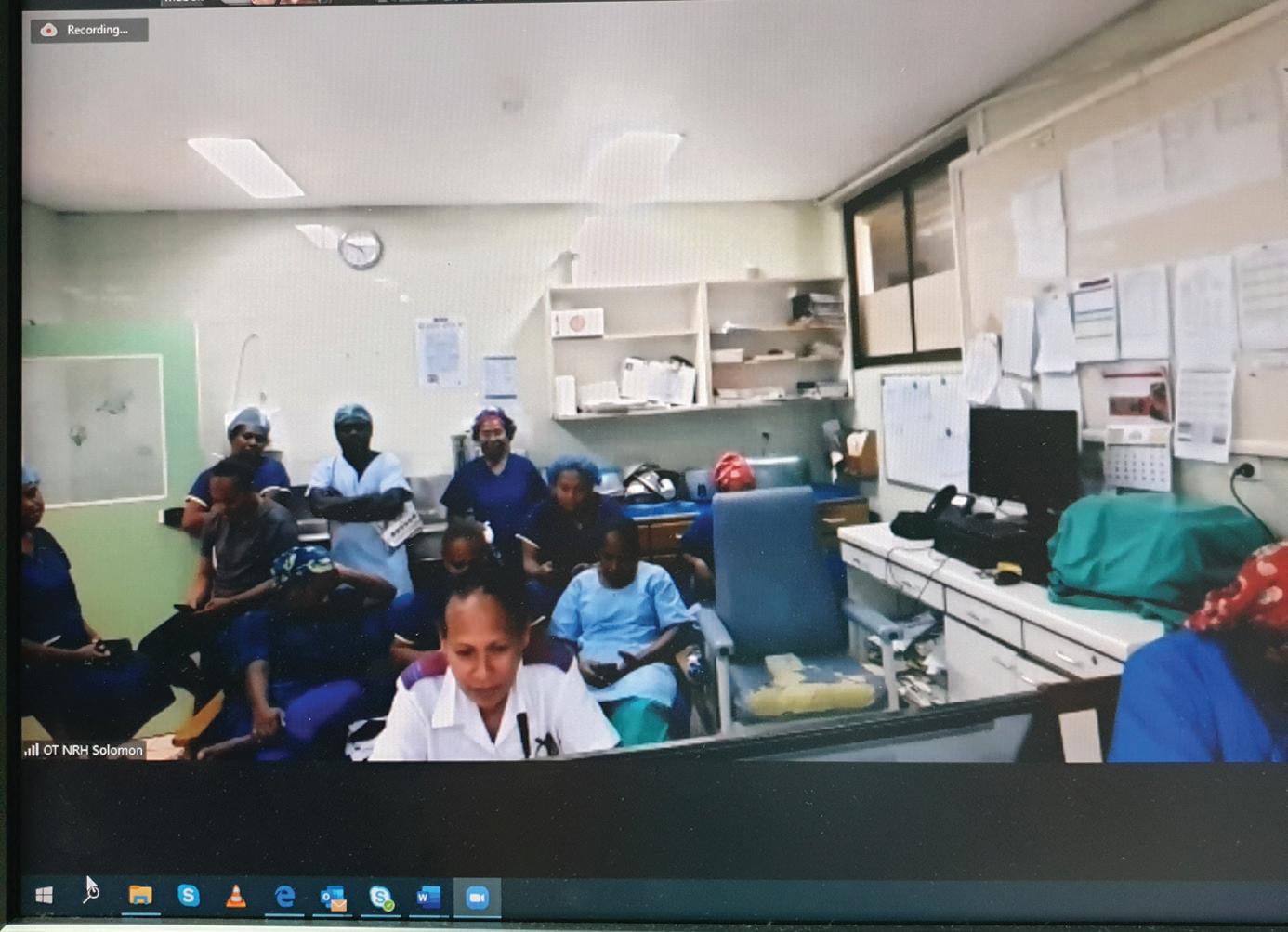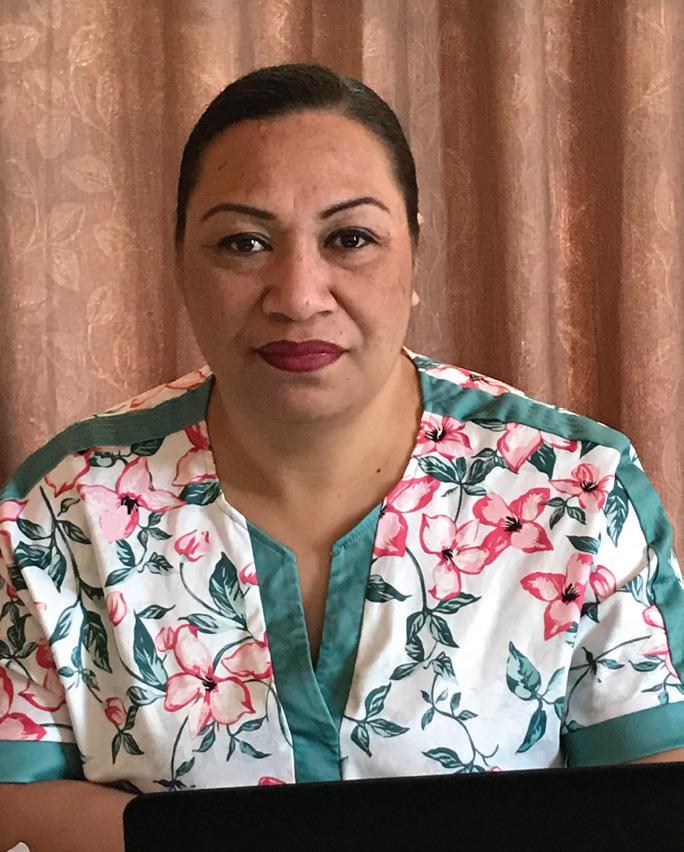24
Global and Indigenous health feature
Meaningful medicine at its best Twenty-five years ago Professor Herwig Drobetz, then a medical student in Austria, attended a presentation by a surgeon who had returned from an assignment with international humanitarian aid organisation Médecins Sans Frontières (MSF), also known as Doctors Without Borders. Professor Drobetz was so captivated that he decided instantly that he wanted to be part of the movement that he describes as “meaningful and immediate medicine”. He trained as a specialist trauma surgeon in Austria and moved to Queensland for a Fellowship before finally establishing roots in Mackay as an orthopaedic surgeon. Fast-forward to 2018, and that life-long dream came into fruition when Professor Drobetz was matched to work with MSF in Hassakeh, in north-eastern Syria. “Every day in Syria we saw patients with gunshot wounds and severe burns and victims of landmines. Working alongside a general surgeon, we focused mainly on acute surgery for life-threatening injuries,” he said. During his second and third stints with MSF, this time in Gaza, the surgical approach was different. The project focused on surgical and post-operative care, including rehabilitation and mental health support, for people who were injured during the Great March of Return protests in 2018 and 2019. Thousands of protestors were shot – mostly in the legs – resulting in chronic wounds, fractures, bone defects and infections. It was well outside his comfort zone: “It’s highly specialised surgery. Reconstructive work on lower extremities with chronic infections is not easy and you have to be quite specialised for that.” He applied the techniques and procedures he would back home, with some improvisation. “We started introducing the Masquelet technique in Gaza – an elegant way to
deal with bone defects in a low resource setting, making later bone grafting much easier. Although the technique is regularly used in Australia and many other countries, it was not available in Gaza. We had to overcome a few hurdles, for example we had no intraoperative imaging (relying solely on vision) and difficulty getting bone cement into Gaza. Stable fixation was also difficult as we didn’t have access to plates or nails, just external fixators.” “In my hospital back home in Lismore, northern New South Wales, I am doing about five Masqualet cases per year; whereas, in Gaza there are about 4000 patients who could benefit from it. This is
just one step, however, and you then need to cover that bone with muscle flaps with input from the plastic surgeon,” he said. “The biggest challenge in Gaza is that you have thousands of patients who need sophisticated reconstructive procedures on their lower extremities, and there’s not enough surgeons trained to do that,” Professor Drobetz explained. For anyone considering a placement with MSF, Professor Drobetz said, “I was quite apprehensive about whether I had the skills to deal with the unknown, but I prepared by reading papers, books and attending several courses focused on surgery in low-income and resource-poor settings. You can expect to be working



















